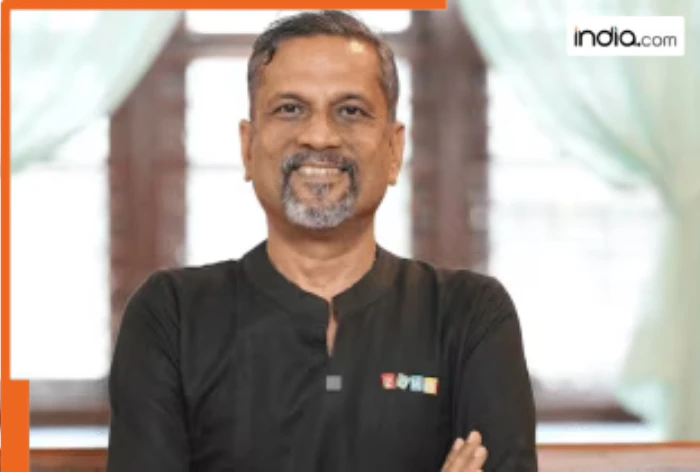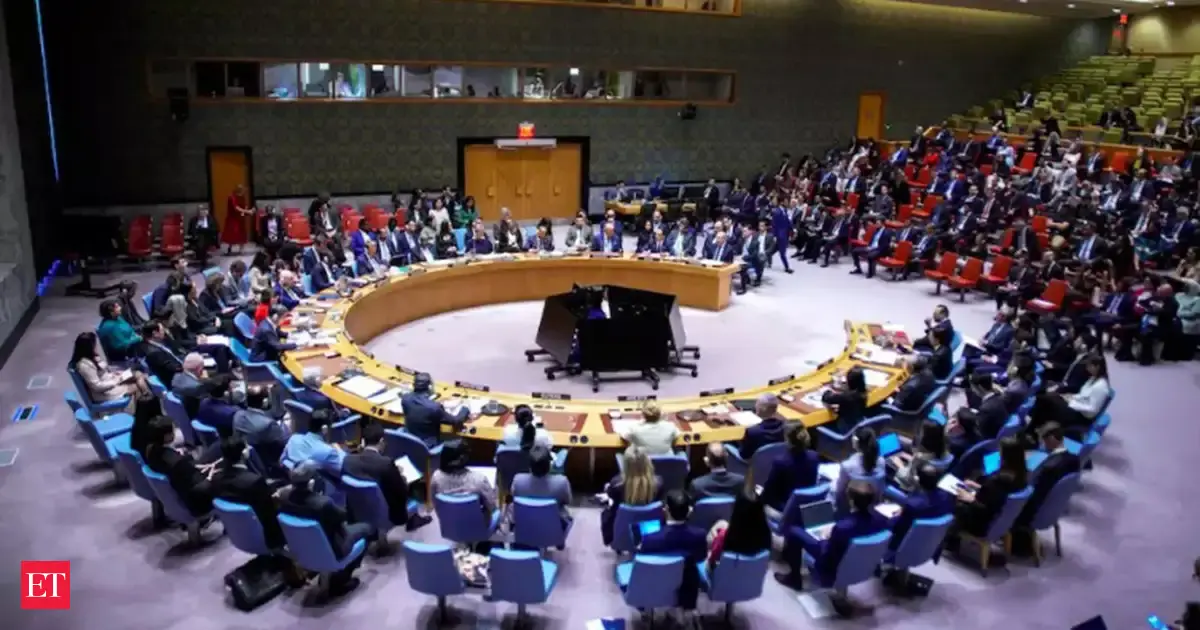Who is Sridhar Vembu, the man who created the Indian app Arattai, a rival to WhatsApp, he runs the company from…
By Abhijeet Sen
Copyright india

Arattai app update: You must have seen the rise of Arattai a homegrown messaging app that seeks to challenge WhatsApps dominance in India. The rapidly gaining popularity of the Arattai app has caught nationwide attention amid the talks of dependence on foreign social media sites. Developed by the Indian software company Zoho Corporation led by its founder Sridhar Vembu the app stands as one of the best alternatives for Indian social media users. Here are all the details you need to know about Arattai the homegrown messaging app of India.
Several Indian government ministers have also promoted the app further boosting its popularity. It has become the number one social networking app on the App Store.
Who is Sridhar Vembu?
Sridhar Vembu is one of the biggest names in the Indian tech industry. He studied at Princeton University and then worked in the tech industry in Silicon Valley USA. Sridhar found a good job and success in America but decided to leave the comforts there and return to India. In the 2000s Sridhar Vembu settled in a small village in Tamil Nadu with the dream of building a global tech company from within an Indian village. With this vision Sridhar Vembu founded Zoho Corporation.
How Sridhar Vembu created Zoho?
The uniqueness of Zoho Corporation is that it was started bootstrapped meaning without any external investment. The company was initially named AdventNet which was later changed to Zoho. The company developed business software that could compete with major global brands. Zoho now makes over 50 cloud-based software products used by over 100 million people in over 180 countries.
Sridhar Vembu also took the unique step of training young people in rural areas in software development. He started training programs and schools in villages to nurture local talent. These young people later find employment at Zoho. He believes that talent isnt limited to big cities or expensive colleges; rural India also holds immense potential.



